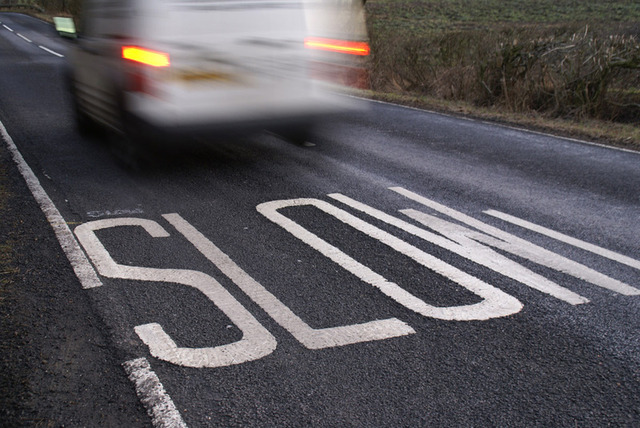
The Obama administration has joined the ranks of skeptics of the Stop Online Piracy Act. In an online statement released Saturday, three senior White House officials wrote that the administration "will not support legislation that reduces freedom of expression, increases cybersecurity risk, or undermines the dynamic, innovative global Internet."
The statement was made in response to a petition on the White House's "we the people" site asking the president to veto SOPA if it reached his desk. The officials—IP enforcement coordinator Victoria Espinel, CTO Aneesh Chopra, and cybersecurity coordinator Howard Schmidt—did not commit the president to vetoing SOPA. However, they laid out criteria for an anti-piracy bill that seems to clearly rule out SOPA and the Senate's Protect IP Act in their current form.
The White House seems most concerned with DNS-blocking, which is becoming the red-headed stepchild of SOPA provisions.
"Proposed laws must not tamper with the technical architecture of the Internet through manipulation of the Domain Name System (DNS), a foundation of Internet security," the statement says. "Our analysis of the DNS filtering provisions in some proposed legislation suggests that they pose a real risk to cybersecurity and yet leave contraband goods and services accessible online."
They said the White House cannot support legislation that "drives users to dangerous, unreliable DNS servers and puts next-generation security policies, such as the deployment of DNSSEC, at risk." Both PIPA and SOPA would do exactly that.
The White House's concerns with SOPA and PIPA did not end with the DNS provisions, however. "Any provision covering Internet intermediaries such as online advertising networks, payment processors, or search engines must be transparent," the statement says. The administration is also opposed to "overly broad private rights of action that could encourage unjustified litigation that could discourage startup businesses and innovative firms from growing."
The administration also wants legislation that is "narrowly targeted only at sites beyond the reach of current U.S. law, cover activity clearly prohibited under existing U.S. laws, and be effectively tailored, with strong due process and focused on criminal activity."
Combine all those concerns, and the statement is a fairly sweeping condemnation of SOPA and PIPA in their current form. Espinel and her colleagues appear to have left enough wiggle room in the statement to allow the president to sign a future version of the bill that addresses some, but not all, of the critics' concerns. But the bill's sponsors are now going to have to work hard to satisfy critics and build a consensus in favor of passage.
Issa hearing postponed
Meanwhile, Rep. Darrell Issa (R-CA), a SOPA opponent, announced Saturday that he is postponing hearings on SOPA's DNS provisions that had been slated for Wednesday, January 18 before his House Oversight and Government Reform Committee.
"While I remain concerned about Senate action on the Protect IP Act, I am confident that flawed legislation will not be taken up by this House," Issa said. "Majority Leader Cantor has assured me that we will continue to work to address outstanding concerns and work to build consensus prior to any anti-piracy legislation coming before the House for a vote."
Listing image by Photograph by Ian Britton
reader comments
87